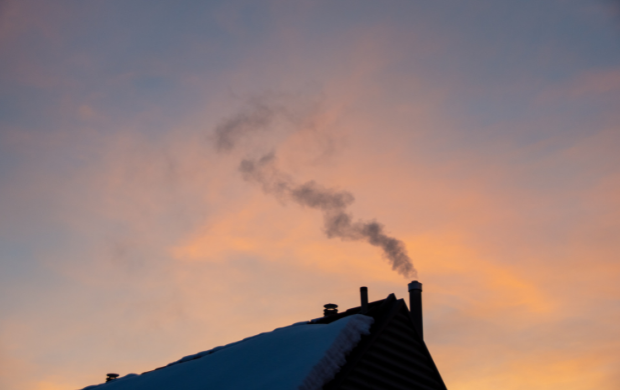The recent news has been alarming. World events have conspired to force the cost of energy through the roof. We are not only feeling this when we fill our cars, but also when we think about heating our homes. The energy cap has been lifted, and we expect bills of nearly 50% more this coming year.
While we can do nothing to control the energy cost, we can control the amount we use. Reducing the amount of gas and electricity it takes to run our homes is the only way to keep a handle on our budgets. One way that your money could be seeping out of your house is through heat loss. There is no way to completely stop heat from seeping from our homes; we can do much to reduce its impact on our bills.
Here we explore the ways to reduce heat loss and save money.
Insulation
Adding insulation to different parts of your property is the most sensible way to prevent heat loss. First, ensuring that you have enough insulation in your attic will significantly reduce bills. 25% of the home’s heat is lost through the roof as heat rises. Consequently, starting at the top of the house is the most logical decision, as it is a relatively quick fix.
However, 40% of your heat is lost through your walls. While insulating the walls is more challenging, you will have a cold house if your cavity walls are uninsulated. Ask for advice on the cost of cavity wall insulation and then work out how long it would take to retrieve this money from savings in your heating bill.
10% of heat is lost through your floors. If you install wooden floors, you might want to lay an insulating layer to reduce this heat loss. Equally, using draft excluders at doorways will add to the amount of heat retained.
Double Glazed Windows
If you can feel a draft coming through your window, then you are losing a lot of heat through this aperture in your home. The first decision you should make is to turn your single glazed units into double glazed windows, which will literally half the heat loss from this area. It is also great for reducing the noise coming in from outside.
If you are about to invest in new windows, you might even want to choose triple glazed windows. You will find that these keep your home warmer in the winter and cooler in the summer, which is a great way to reduce energy use throughout the year.
Draught Proof
Making your home airtight is the sure-fire way to reduce heat loss from your home. There is an opening for heat to escape wherever there is a draught. Therefore, a cost-effective way to reduce your heating hills is by draught-proofing. This process includes blocking gaps around pipes, putting draught excluders at doors and filling gaps in your skirting boards and floorboards. You might also want to invest in a chimney cap if you have the money.
You can also reduce a lot of heat loss through your windows with heavier fabric in your curtains, which you close at twilight. This is especially effective if you place the bottom of the curtains behind a radiator, so the heat is then pushed out into the room rather than up and out of the window.
Choose Efficient Home Heating
Selecting the right sort of heating makes a significant difference to your home’s efficiency. An old boiler could be costing you a fortune, as could radiators that are filled with air. If you heat via electrical heaters, you will be paying a mint for your heating.
Therefore, if heat loss of some kind is inevitable, it is important to choose the most efficient heating modes for your home. Underfloor heating is ideal if you want to heat a room evenly and effectively. You can also control your heating via zones. Therefore, if your spare bedroom is never used, it makes no sense to heat it. Equally, you may only want to heat one area of the home, such as the kitchen or the office, when people are out in the day. You will naturally reduce the effect of heat loss to those rooms you are heating.
Conclusion
The shocking rise in our bills comes when we are all strapped for cash. Food and petrol prices have also increased, causing much concern. One way we can take control is with increased efficiency in our homes. Any cost to make these improvements will soon be paid back by the savings on your heating bill.








